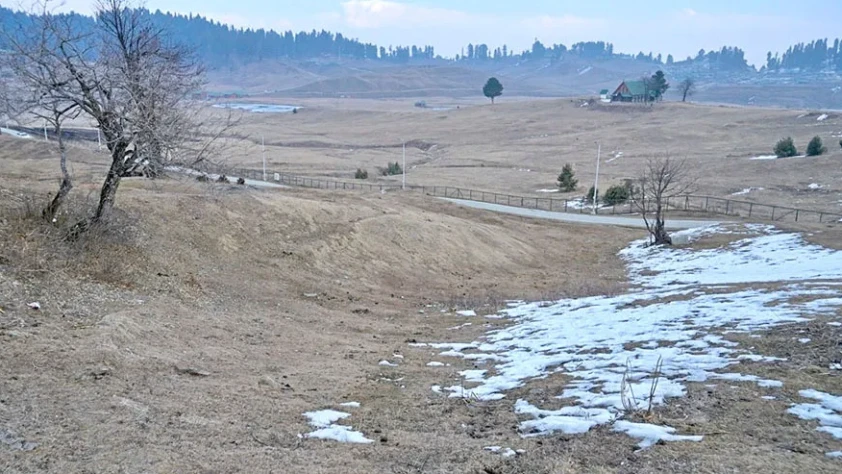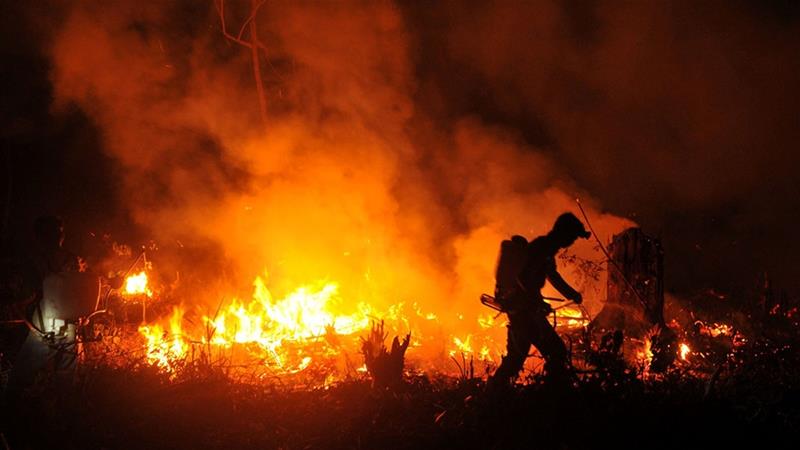As the year 2021 is coming to an end, it has brought the news which all nature and wildlife activists have been dreading the most for some time.
The state government of Uttarakhand has been toying with the idea of opening the Jim Corbett National Park during the night time too. This became a reality with the opening of the Corbett tiger reserve for this season in November.
Many are asking now, is it pure and simple greed for revenue from tourism? Or is it the general lack of sensitivity at the end of state executive and decision-makers? Or is it an outcome of plain vote bank politics in the name of giving more employment opportunities to the local population? While growing up in that area, I have seen how disciplined the local people are in knowing how much to take from the forests and how to replenish it. These people have lived in those surroundings for hundreds of years.
With whatever knowledge I have of that area and its socio-economic structure, I can say that all the reasons stated above are behind this short-sighted decision. For the last so many years, the green warriors across India and overseas have been raising their voices about mushrooming of resorts in and around Ramnagar. Dhikuli, in particular, has become a sore patch in the midst of beautiful green forests. Resorts there have gained popularity as a party destination. On holidays and extended weekends, Dhikuli gives one a feeling of being an extension of Delhi NCR. Loud music and DJ events go on for a long into the night.
A few months back, a person associated with the tourism and hospitality sector was telling me with an uncontrollable glee that Ramnagar has emerged as a favored destination wedding center over Rajasthan. I know with a high amount of certainty how much that person or others from the same industry must be thinking of nature conservation. I was aghast at the manner in which he was making that statement.
This is a very sad and unfortunate situation where the world’s second-best national park is being valued by us in purely commercial terms. That such a great habitat is being killed slowly. It was a great relief that every year the Corbett reserve was closed for the visitors from mid-June to mid-November so that the entire ecosystem could get a respite during the monsoon season and many species there could reproduce. Now there are murmurs that even that practice can be revisited by our planners.
We the animal lovers had some peace of mind knowing that all animals, birds, and other inhabitants of this beautiful park owned at least those five months every year and the nighttime too. Now that peace of mind is gone.
Have we really given serious thought to this matter on its merits? The long-term impact of this thinking, solely driven by commerce!
I dread to believe here that what has been done at Corbett tiger reserve now will become a trendsetter for other magnificent national parks across India.
Post-independence India has spent a huge amount of money and resources to protect our forests. Many people from both government and non-government agencies have worked hard to the cause of saving this wealth. Needless to state here, the efforts of all those people have shown results in all parts of India and we have seen an increase in the number of many species in various categories. Taking the example of CTR here, we have recorded an increase in the number of tigers. A developing economy like India faces many challenges, for keeping a balance in what we are gaining and losing in return.
The case of the environment is one of these challenges. Tiger has been roaming in India since the time of Mahabharata and only five decades ago, we had reached the stage of losing all of them but for the efforts of the government of India, post-1970. Now we have 3500 plus big cats, adding grace to our nation and its flora and fauna.
I am hopeful and optimistic that good sense will prevail over the powers that be and India will be able to retain its ecological balance. My prayers are there for all those speechless creatures who cannot tell us what they want from us humans.
Shivalik Tales calls upon everyone to be a voice for all those beautiful animals, birds, and forests, who have an equal right to live on this earth like us.



